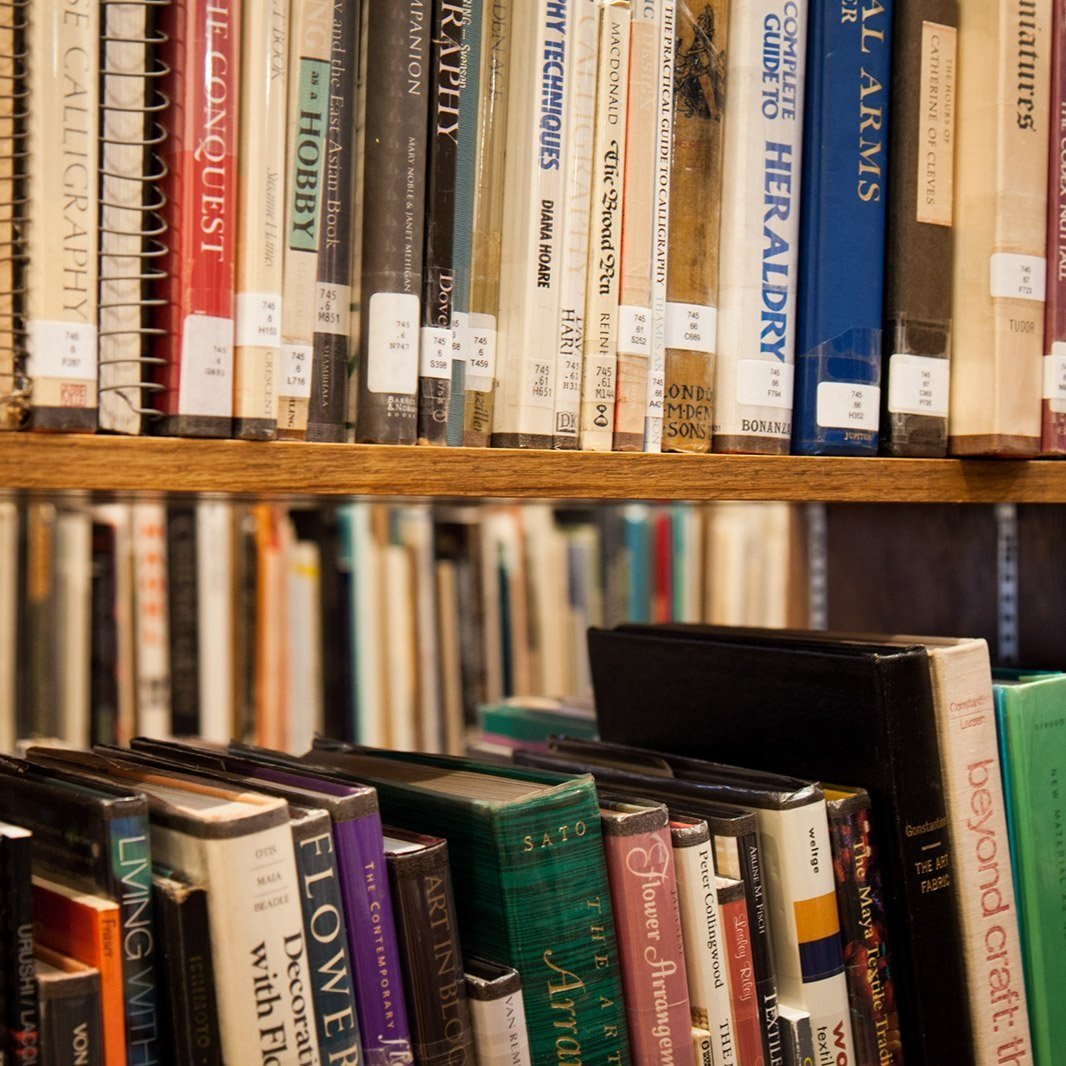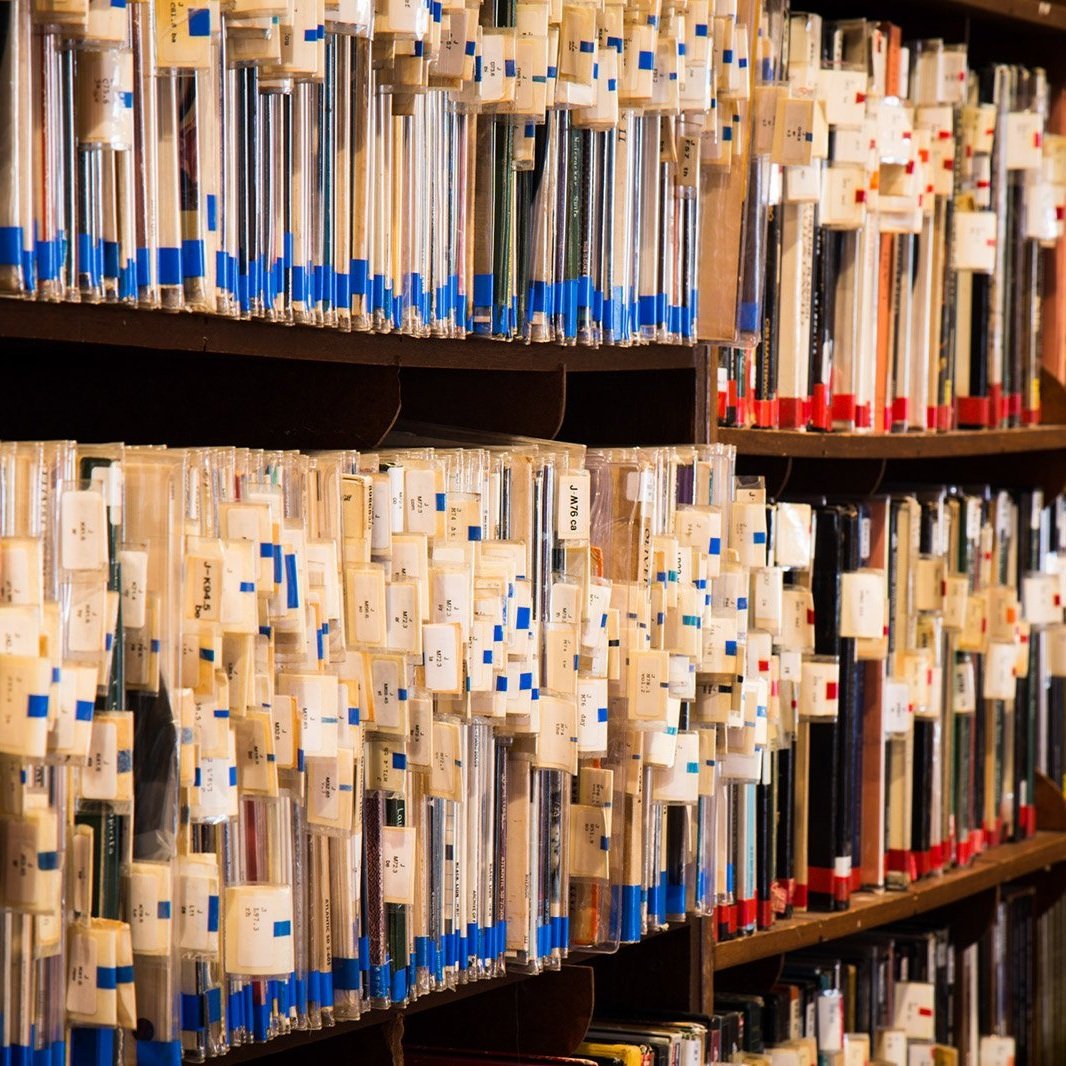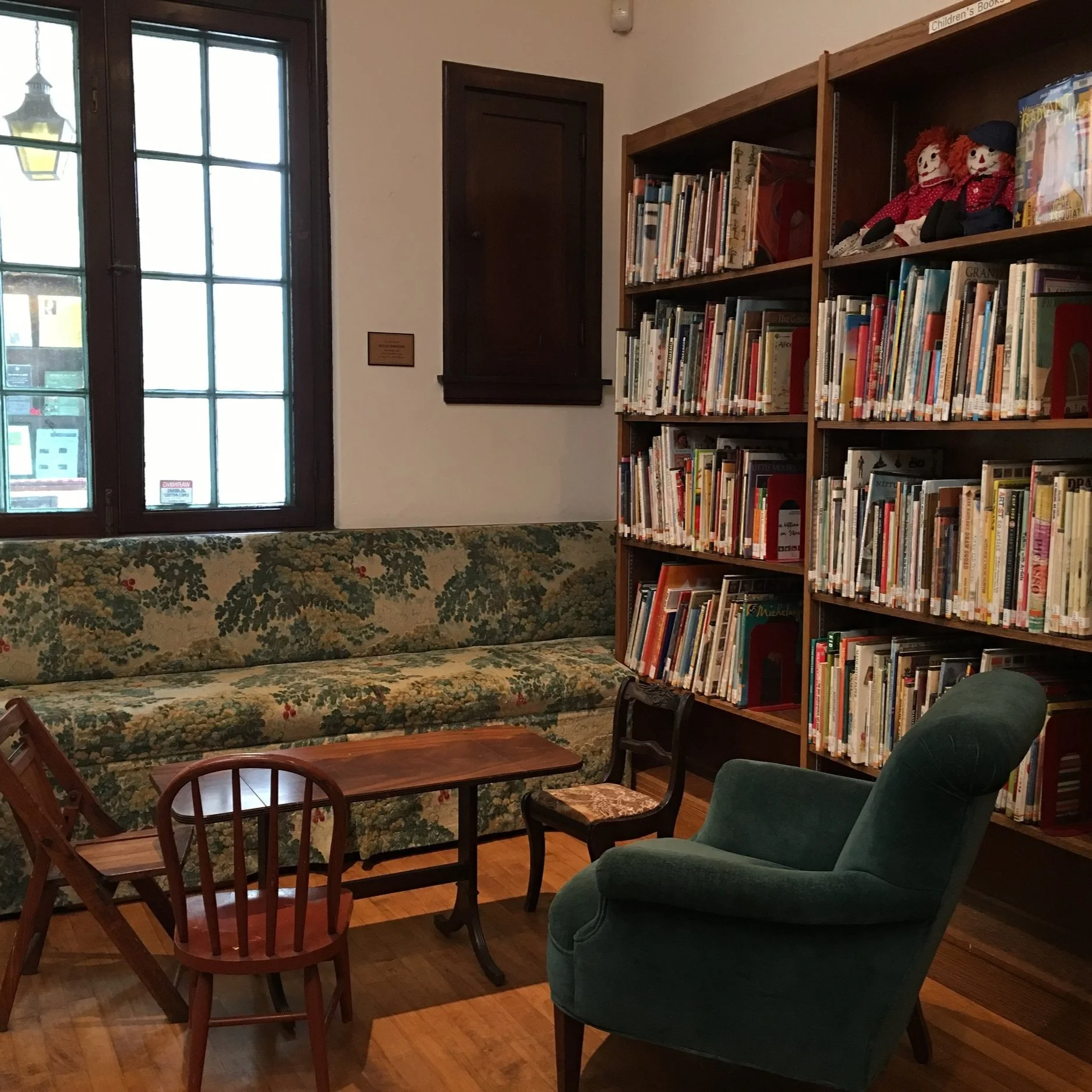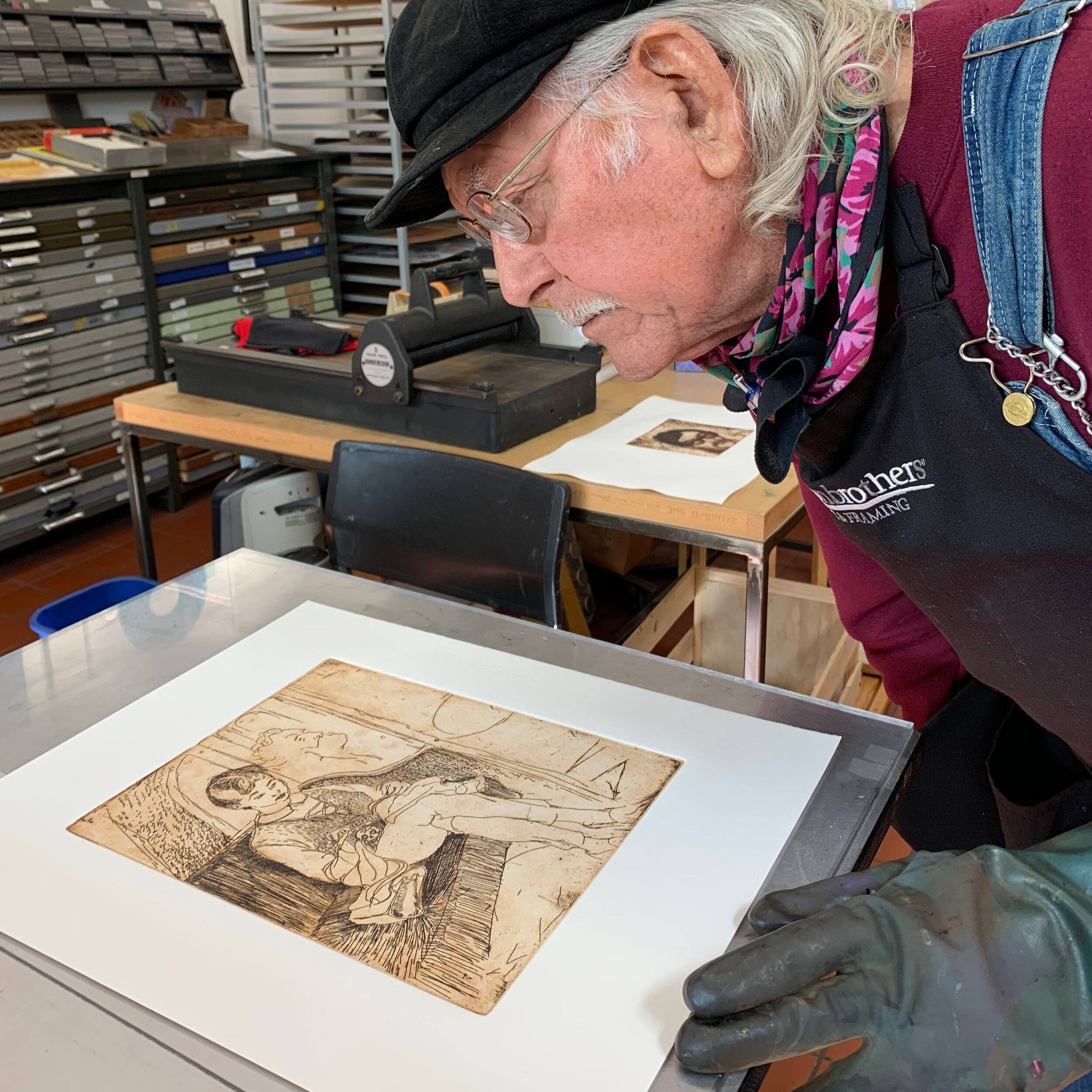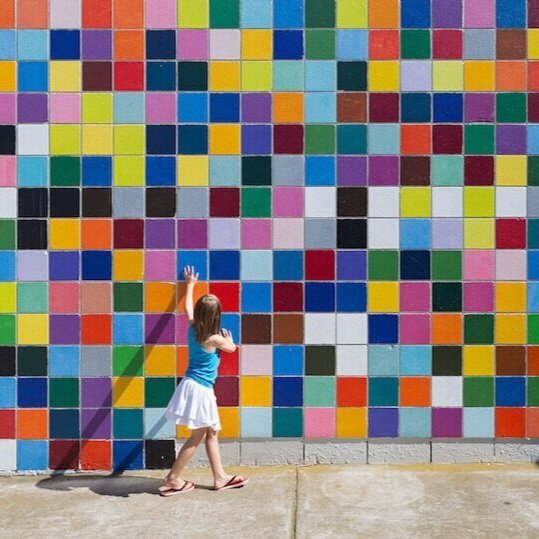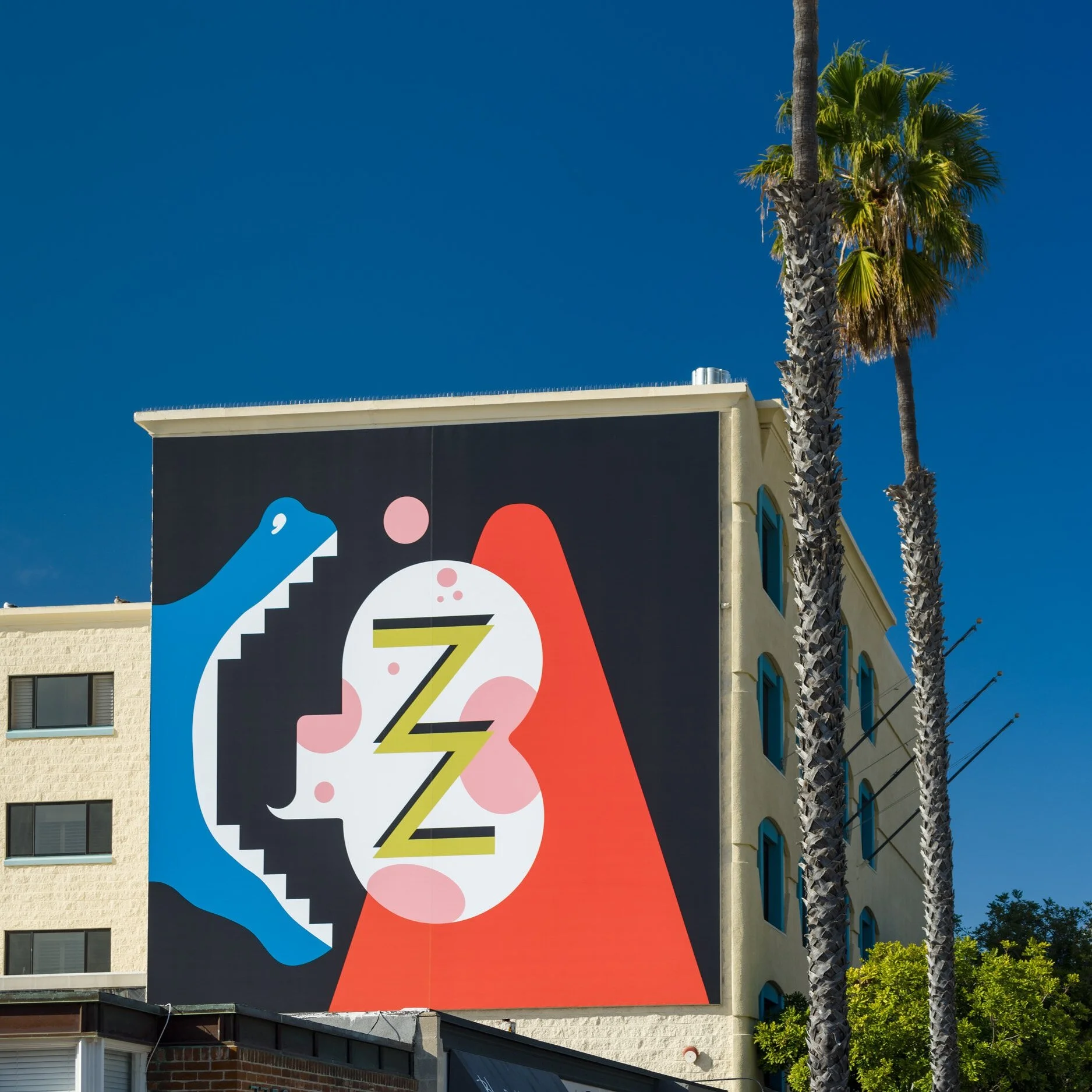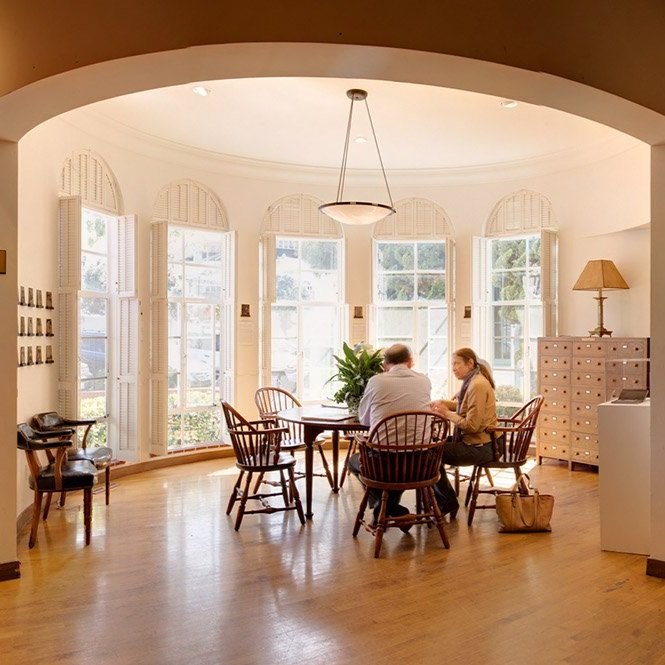Joseph Beuys: Legacy
Tuesday, June 8, 2021
6:30 PM
Perhaps the greatest contribution of Joseph Beuys was his democratic notion that every person in society is a creative artist, and, as such, bears the responsibility for social, political, and economic well-being. Beuys believed with all his heart, that art, and art alone, could transform both society and culture. Much of what has come to be referred to in our time as “relational aesthetics,” owes its origins to the rich repository of ideas developed and promoted by Beuys. There is almost no realm of modern thought which is untouched by the radical reforms proposed by this visionary artist.





